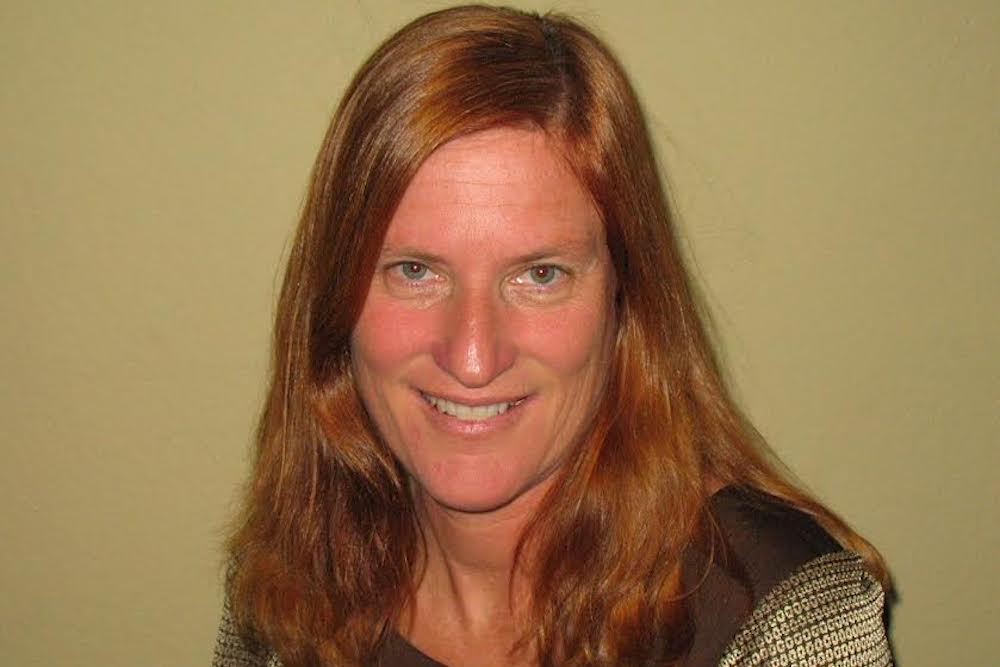
The Professionalism of Youth Sports
When Nike and our culture tell us 2nd place is the first looser, we’ve got a problem of epic proportion. And one that is especially devastating for our young Olympic hopefuls. By defining success only in terms of wins, we create a community full of people, including children, who feel like losers, living unfulfilled lives more prone to anxiety and depression.
Woven tightly into this mindset of the only worthy level of achievement being first place is the professionalism of youth sports. The post 1990s model opening the Olympics up to professionals shifted the focus of sport from growing and developing one’s ability to the need to monetize. With that shift the intrinsic enjoyment of athleticism was lost and a singular focus on the potential for future extrinsic value was developed.
There is however a shining exception to this unfortunate rule, and New York Times sports writer, Karen Crouse, exquisitely depicts it in her gem of a book, Norwich: One Tiny Vermont Town’s Secret to Happiness and Excellence. In Norwich, Vermont, kids are taught to enjoy their sport, be coachable and develop lifelong friendships. Life skills are acquired as the result of their participation. In Karen’s words, “This is not a town that values participatory ribbons, but at the same time they see that there is more to a sport than the ribbons… It’s about the community and the self-improvement that you foster.”
Norwich develops in its children a pride of place that really knew no egotistical boundaries. A larger community exists to serve as a social safety net. Every child in Norwich is seen as a child of the town and worth rooting for. Kids are not only valued for their performance in a sport but, first and foremost, for being a part of the larger community, with an unshakeable sense that what they are good at is what they do, not who they are.
And, Norwich’s most successful Olympic athlete, mogul skier, Hannah Carney, had this community safety net to catch her when her third place at the Olympics felt like a broken heart while defending her prior first place win from 2010. Hearing Hannah’s sentiment that she felt like a failure who had let herself and her town down, the town galvanized, put on a parade and celebrated Hannah and her performance. They celebrated all that she’d accomplished to make them proud and demonstrated the values they cherish most.
